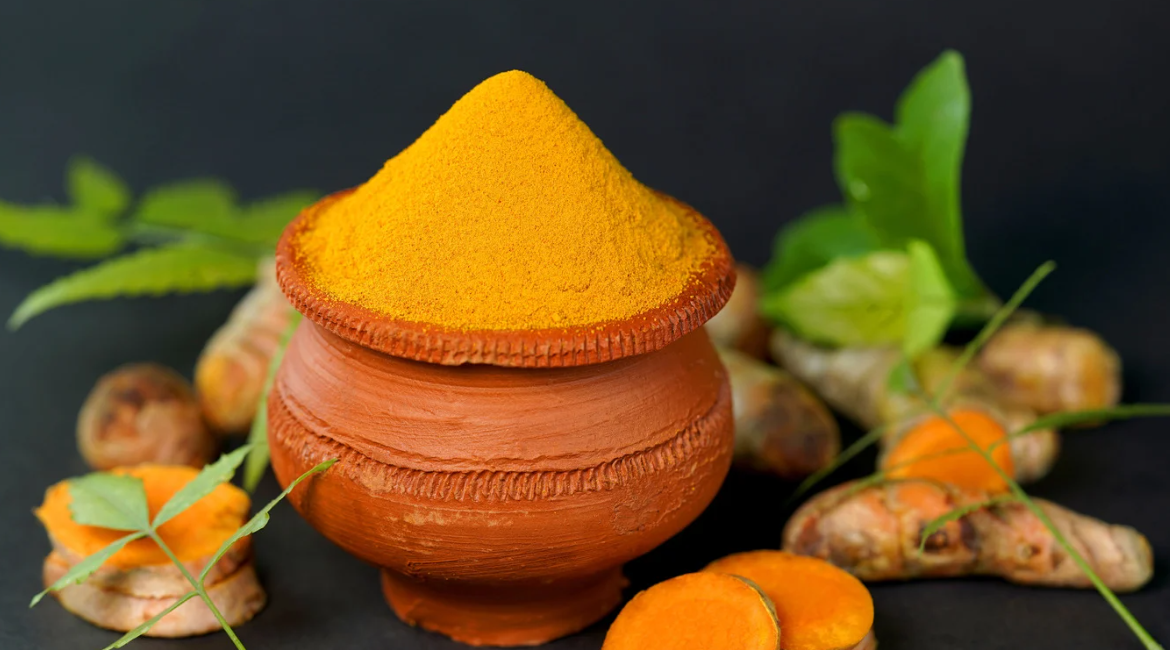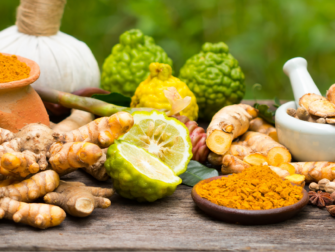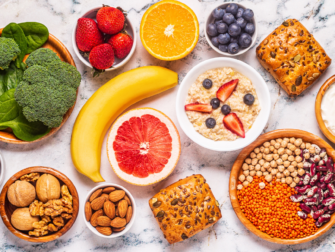Turmeric is known to be anti-inflammatory, anti-microbial, and contain anti-cancer properties. It is commonly used in Ayurvedic medicine to treat a variety of conditions, including digestive disorders, skin problems, joint pain, and respiratory issues.
According to Ayurveda, turmeric is a warming spice that can stimulate digestion and metabolism, and it is particularly beneficial for people with sluggish digestion or a weak agni (digestive fire). It is also believed to support the liver and help remove toxins from the body.
Turmeric is often used in Ayurvedic cooking, as it adds flavour and colour to dishes while also providing health benefits. It can be added to soups, stews, and curries, or to make golden milk (recipe is at the bottom of the email).
So where does curcumin come in?
Curcumin is one of the active ingredients in turmeric and is a type of polyphenol.
Curcumin is the most studied and well-known component of turmeric and is often considered the primary active ingredient responsible for its health benefits. It is a powerful antioxidant and has anti-inflammatory and anti-cancer properties.
While turmeric contains a small amount of curcumin, the concentration is generally low, usually less than 5%. This means that to achieve therapeutic doses of curcumin, supplementation with concentrated curcumin extracts or standardized supplements is necessary.
Curcumin specifically shows potential in aiding to lower blood pressure and reduce the risk of heart disease1. Curcumin has even demonstrated its ability to be a powerful anti-inflammatory that may be better at reducing inflammation than many over the counter medicines2. However, the research is early and more studies do need to be conducted. Turmeric supplementation also shows similar benefits but you would need to use turmeric as a supplement rather than through diet.
It is important to note that the benefits of turmeric go beyond curcumin, and other compounds in turmeric may also contribute to its health benefits. Therefore, using turmeric in cooking or taking a whole turmeric supplement may provide additional benefits beyond just curcumin.
All in all, my recommendation is to stick with whole foods and if you are wanting some additional support with reducing inflammation and want to support your digestive health, then include turmeric as a part of your cooking and daily regimen. But if you are looking into a supplement, for now, turmeric is what I would recommend over curcumin.



